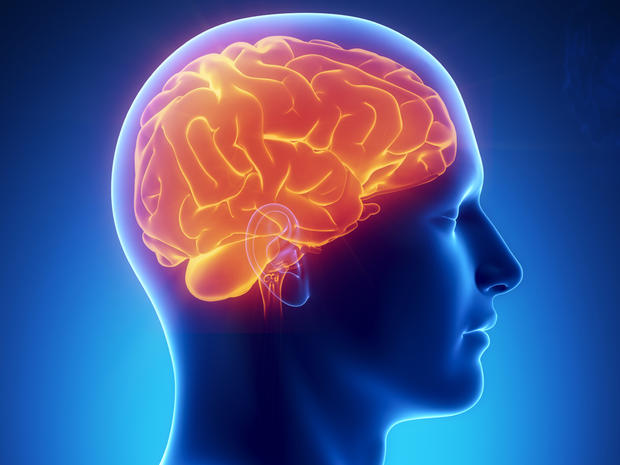Brain's dopamine may explain why some are "slackers" at work
(CBS News) Brain chemistry might explain why some workers are "go-getters" and others are "slackers," a new study shows. The study found people who just won't give up when working may be aided along by extra dopamine in the brain's motivation centers.
Novel Parkinson's treatment reportedly reverses symptoms
Methamphetamine tied to schizophrenia: What explains link?
Dopamine is a neurotransmitter in the brain involved with movement, motivation, memory, processing emotions, and feeling pleasure or pain. Some diseases tied to dopamine dysfunction include Parkinson's disease and schizophrenia.
For the study, published in the May 1 issue of the Journal of Neuroscience, researchers asked 25 participants to perform tasks in which they press a keyboard button to earn varying amounts of money - leaving it up participants to decide how hard they were willing to work for the cash. Each task would vary in payouts and odds of winning: For example, a hard task might require pressing a button 100 times in 21 seconds with a pinky on the non-dominant hand fora $4 payout, WebMD reported, while an easy task may net a dollar.
In findings that may echo daily life at the office, some people took the harder challenges head on against long odds, while less-motivated people gave up when a task got too tough. The researchers then examined each participant's brain with a PET-scan and found those with increased dopamine activity in the brain's motivational centers - called the striatum and ventromedial prefrontal cortex - tried harder, while those with more dopamine activity in the brain's insula - an area involved with emotion - were far less motivated.
"If you look around at the people you know, yourself included, and think of the people always driven to work hard versus the people who prefer to take it easy, what this study shows is that the range in motivation is in part due to how the dopamine system functions," study author Michael Treadway, a graduate student researcher in clinical science at Vanderbilt University in Nashville, told WebMD.
Treadway said the differences in dopamine activity might suggest some dopaminergic drugs may not work as effectively depending on what areas of the brain they target.
"Previous research has indicated that dopamine influences the motivation to seek out rewards," Dr. Marco Leyton, a dopamine researcher at McGill University in Montreal who was not involved with the study, said in a written statement. "Now, this elegant new study provides the clearest evidence to date that individual differences in dopamine-related motivation might be a trait."
